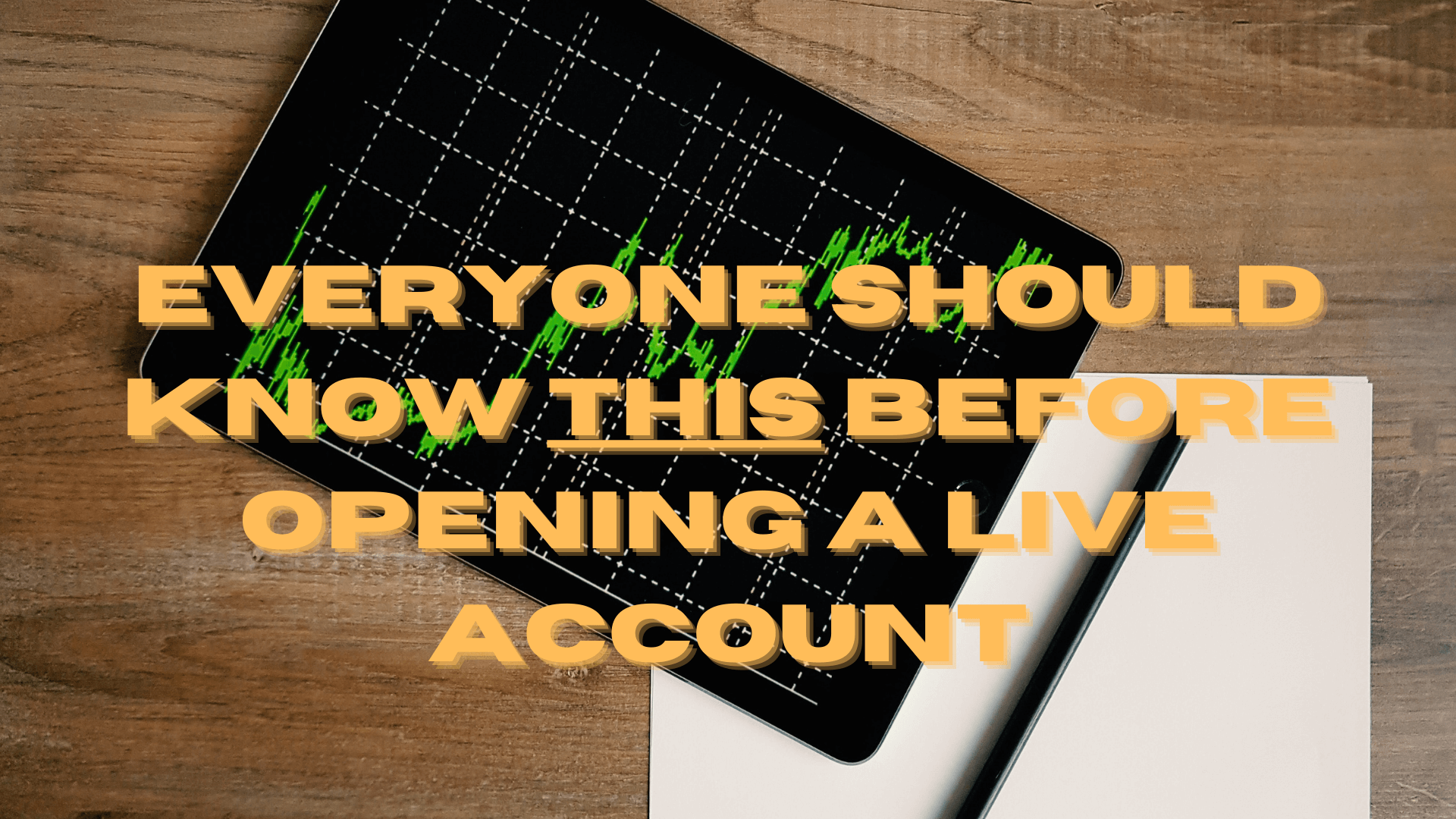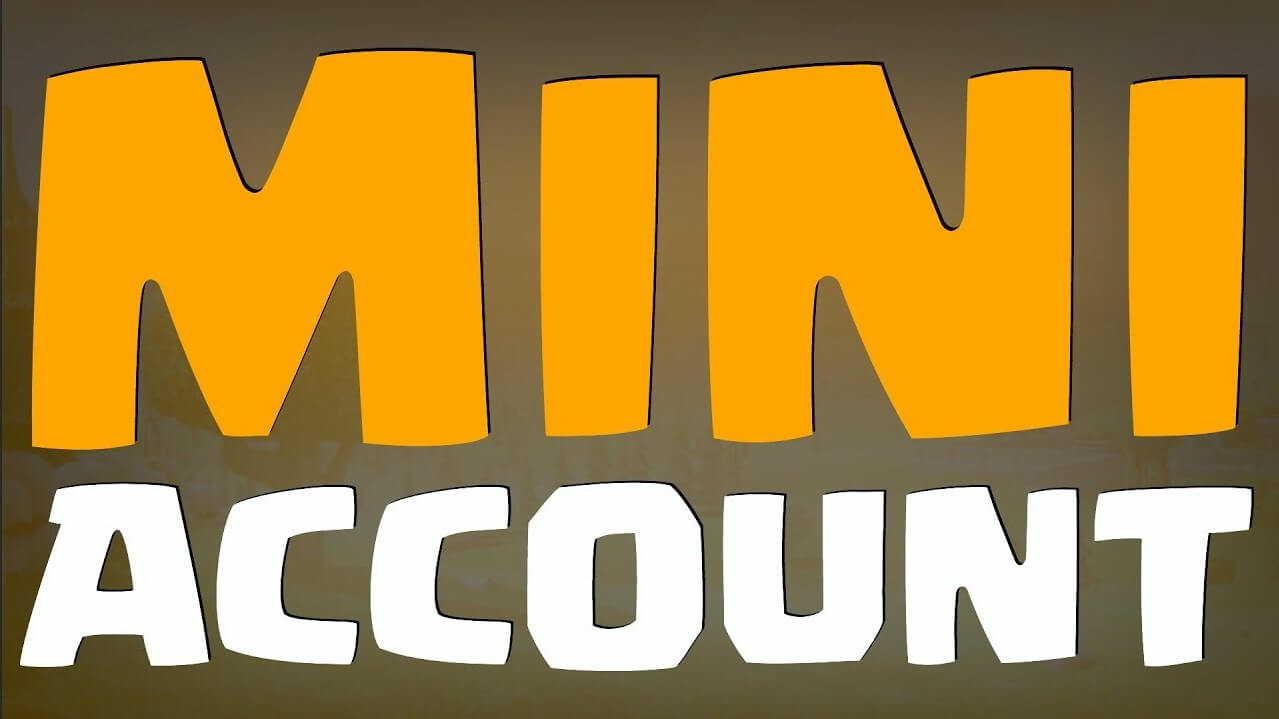Sometimes we just can’t wait to go live, start trading and earning money. After all, that is why we are here trading in the first place. Going live means that we will be trading with our own money instead of the pretend money that we have when using a demo account. However going live, as exciting as it is, is not something that you should jump into straight away, this is true whether you are trading manually or using an expert advisor.
There are a lot of big steps and things to consider should you decide to move over to a live account, there are certain things that need to be ready and certain psychological preparations that you will need to ensure that are set up and ready to go. We have made a list of a few different things that you should probably consider before you decide to go live, of course not all of the things are relevant to everyone but some of them certainly will be, so consider them before going live, if you already are live, then consider whether you need to start doing any of these things or even potentially moving back to a demo account should you actually feel you maybe aren’t quite ready to go live.
How long have you been trading?
This one should be quite easy to answer, the standard thing to do is to consider whether or not you have been trading regularly for the past six months. Don’t think about whether it was profitable or not, just that you have been doing it regularly. The definition of regular will vary from person to person so consider it along with your strategy. If your strategy wants you to trade 5 days a week then ensure that you have been trading 5 days a week for six months, if your strategy only requires 3 days a week then ensure you have been doing at least 3 days a week for the past 6 months. This ensures that you have been trading in line with your strategy for a long period of time, building up experience and an understanding of how it works. If you are using an expert advisor (EA) then ensure it has been running well for at least those 6 months before moving towards a new live account.
Have you tried more than one strategy?
Some people join forex and trading, find one strategy, and then stick with it, but how do you know that this strategy that you have picked is actually the right one for you? You don’t until you have tried at least a few different ones. The demo account is the perfect place to do this. If you try one and it goes horribly wrong, at least you have not lost anything. However, if you try something new and it works wonders, there is no harm in taking this one up as your primary trading strategy. Use this demo account to experiment until you have found the strategy that is right for you. Also having experience in multiple different strategies will allow you to adapt much better to the ever-changing markets. So before you go live, ensure that you have tried at least a few different strategies, just so you will be sure that you have the right one and that you are comfortable with the one you are planning to use.
Are your winnings more than your losses?
Something that you want and need to be sure of before you go for a live account is that you are actually trading profitably, if not then at least breaking even on more occasions than not. There is absolutely no sense in going to a live account if you are consistently making losses on your demo account. The exact same thing will happen on a live account but this time you will be losing some of your real money. So ensure that you are making consistent profits, not just a single good day or week, but consistent profits over a long period of time before you decide to put any of your real money on the line.
Do you record and review your trades?
Having some form of recording of your trades, mostly through a trading journal is vital if you want to trade your real money, you should also be using this record and the information that it brings to help analyse the review of your trades. If you are not doing this then start doing it and do it for a while before you go for a live account. This is a fantastic habit to have and one that every trader should be doing. It will allow you to work out why some trades have lost and also why others have won so you can try and alter your strategy or mindset to better suit the ones that are winning. It will also give you a much better overview of the standard of trading. Try to make sure that you are doing this and benefiting from it before you go live.
Is your trading plan based around you?
What we see a lot of is people simply taking someone else’s trading plan and strategy and then simply copying it word for word and trade for trade. This is not a good way of trading and while it may bring you some short-term results. It certainly won’t keep you going long term. If you simply copy what someone else is doing, you most likely do not know exactly why they are doing what they are doing. You need to create a plan that is based on you. You can certainly use another one as a template, but you need to ensure that you get a full understanding of what you are doing and when you need to use it on a demo account for an extended period of time so you can be sure that it works and that it does actually suit you.
So do you think you are ready to go live? If you are not entirely sure yet then there is no issue at all, simply continue with a demo account until you feel ready to go live, there is no harm in spending more time on a demo than others. Remember, you will be trading your own money with any losses being your actual money gone, so ensure that you are fully prepared before you take the major step in your trading career.



